Watch the video message from our CEO Ingrid Faber, which summarises the importance and benefits of PPWR

What is PPWR?
The European Union Packaging and Packaging Waste Regulation (PPWR) aims to reduce packaging pollution and promote a circular economy within the EU.
Did you know that the PPWR applies to all packaging products, including transport packaging such as pallets and boxes? The regulation requires businesses to ensure that 40% of their transport packaging is reusable by 2030 and 70% by 2040.
Choosing partners who offer packaging and logistics solutions that align with these new regulations is essential to achieving these goals.
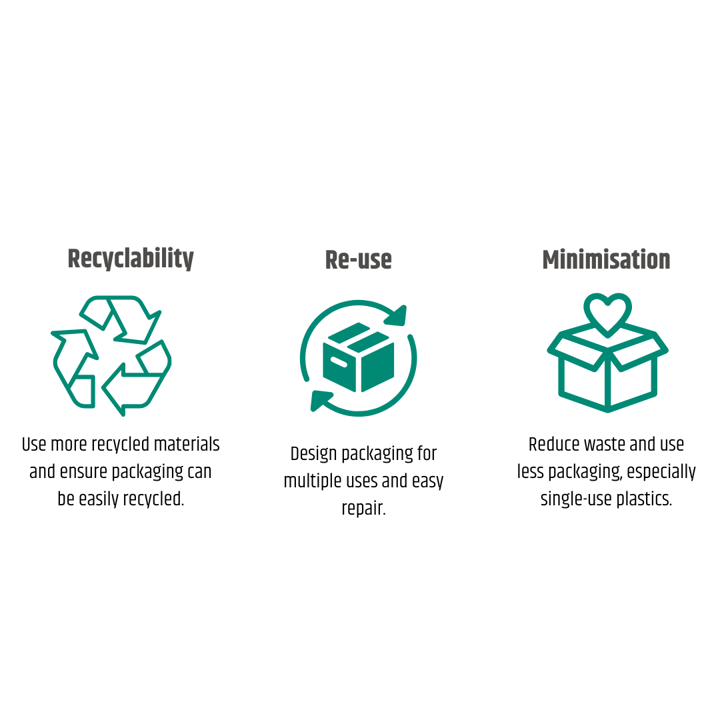
How does it impact your supply chain?
- PPWR affects all packaging used by businesses, including packaging for transport and storage.
- If you're still using one-way pallets or non-reusable load carriers, your supply chain could face challenges in adapting to the new requirements, as these products may not meet PPWR standards.
- Packaging that doesn’t align with recyclability or reusability requirements will likely be phased out under the new regulation.
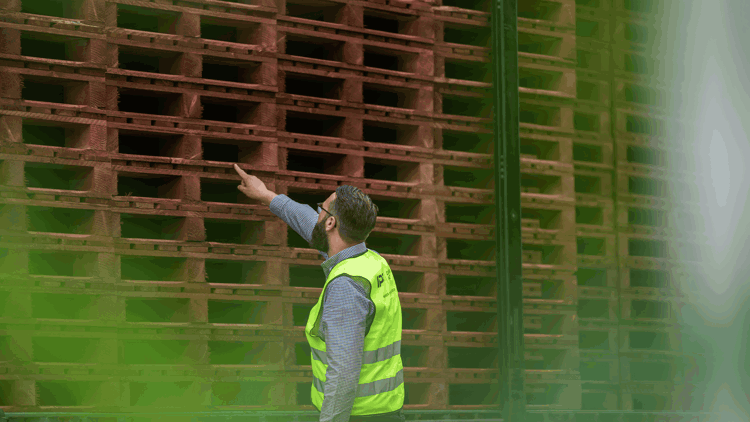
How can IPP help you align with PPWR?
Our closed-pooling system is designed to:
- Offer circular, sustainable solutions
- Reduce waste
- Promote operational efficiency
Our load carriers already meet PPWR's vision by being sustainably sourced, minimizing CO2 emissions, and supporting recycling practices, making it easier for your business to meet evolving regulatory expectations.

Why is IPP’s closed pooling a solution?
Sustainability is in our DNA, and both IPP and Faber Group are committed to driving a circular economy by offering:
- CO2 reduction:Our pooling system reduces CO2 emissions by reusing pallets and minimizing logistics emissions, helping you meet your emission targets.
- Cost savings:Pay only for the packaging you use, reducing waste and costs while boosting supply chain efficiency.
- Simplified processes:We handle collection, maintenance, and redistribution, streamlining your operations and supporting alignment with PPWR goals.
- Reporting:Our system provides insights to monitor, report, and improve your sustainability performance easily.
Ready to explore the solutions that make a difference?
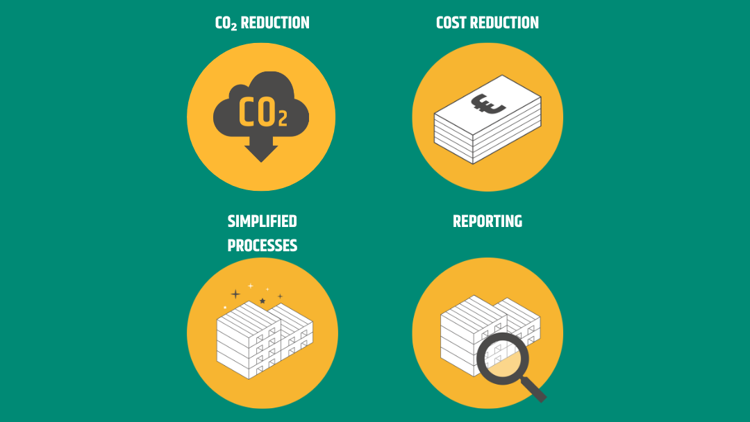
Collaboration with Faber Group
IPP’s parent company, Faber Group, offers a broad product portfolio that supports full alignment with PPWR. By leveraging the products and services from IPP, PRS, PAKi, and vPOOL, you can ensure that all your transport packaging and logistics solutions are in line with EU regulations.

Prepare for PPWR Today
If you are still using non-reusable packaging such as one-way pallets, now is the perfect time to transition to IPP’s pooling services. We offer a comprehensive range of sustainable, reusable solutions that meet PPWR requirements, ensuring your supply chain is prepared for the future.
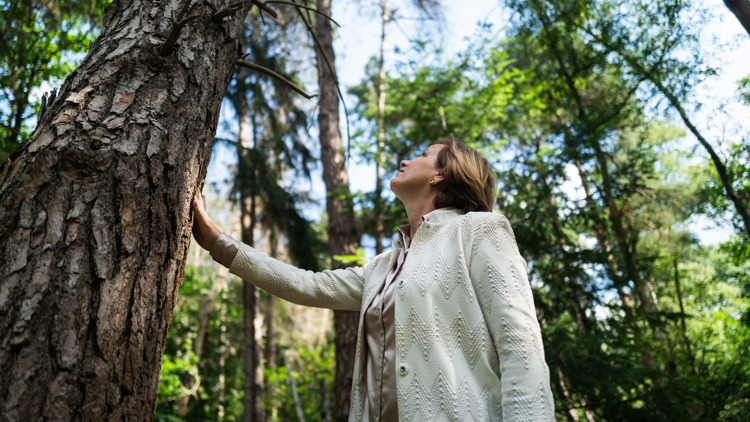
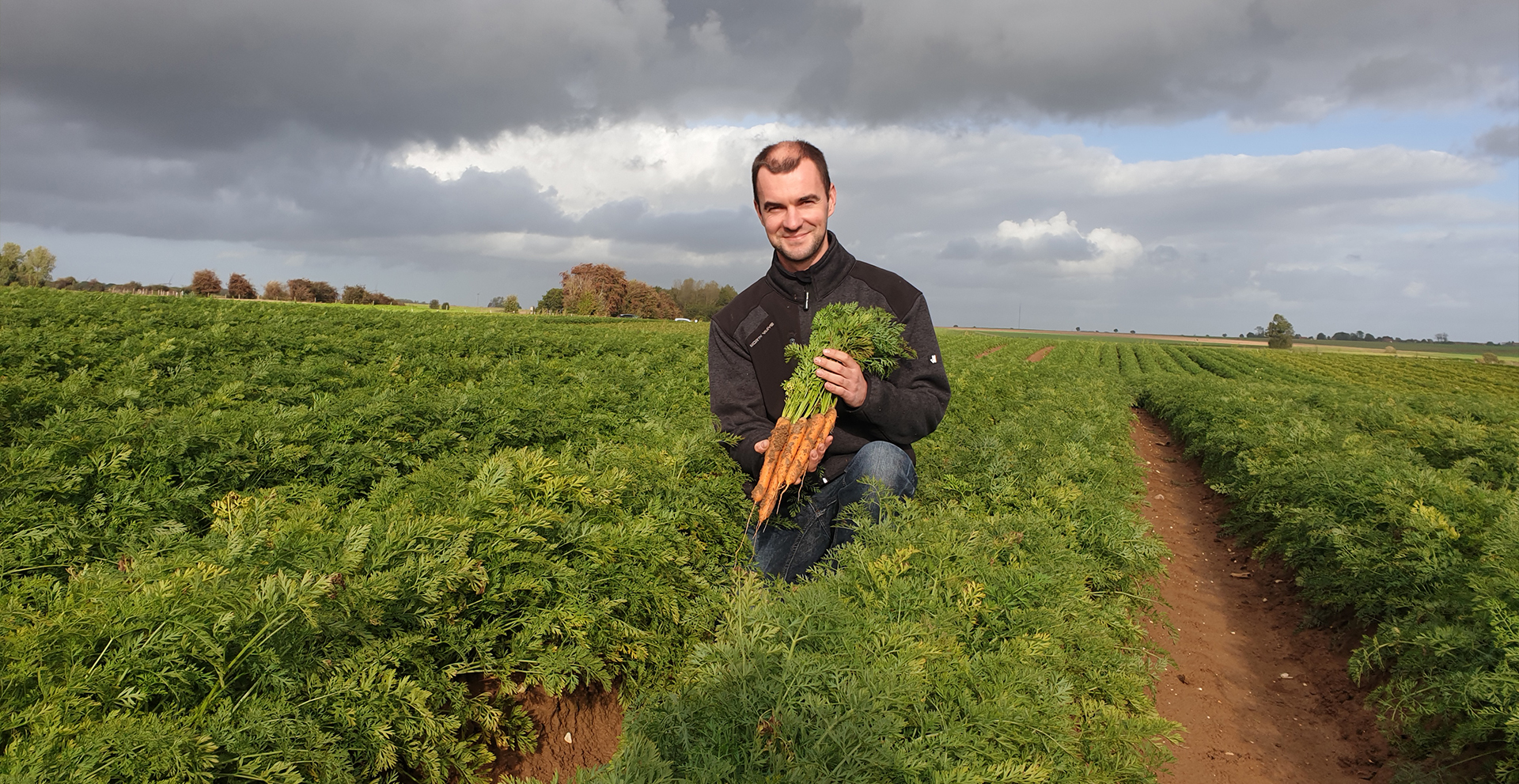
IPP & Phalempin Market Partnership: 20 Years of Sustainable Pallet Pooling
In summary Nearly 20 years of a sustainable partnership 240 producers supported 50,000 tonnes of fruits and vegetables marketed each year A circular logistics model combining performance and sustainability For almost 20 years, IPP Pooling and Le Marché de Phalempin have built a partnership based on logistics performance, transparency, and the circular economy. A long-term collaboration that demonstrates how logistics can become a true lever for competitiveness and sustainability in the fruit and vegetable sector.
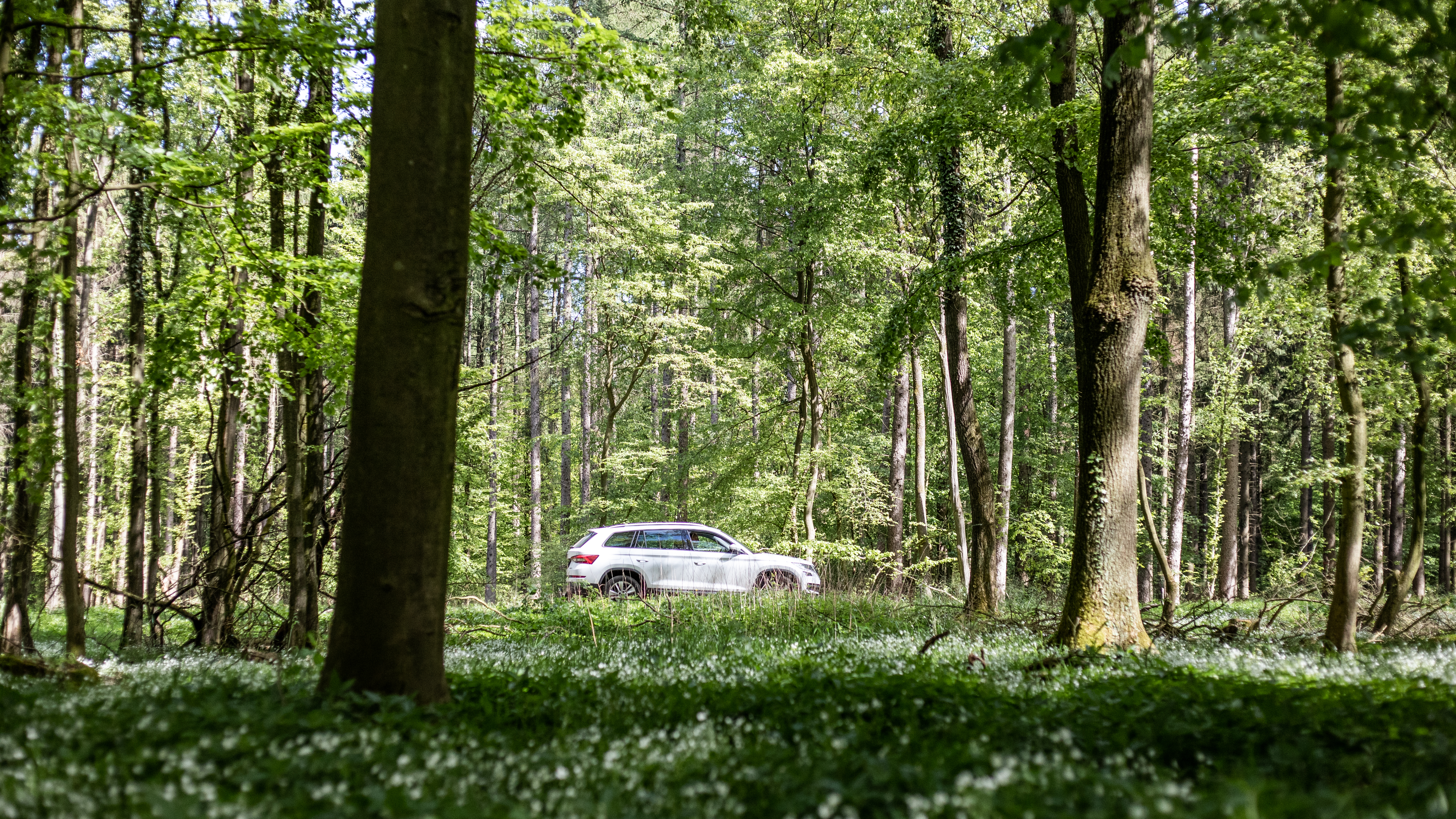
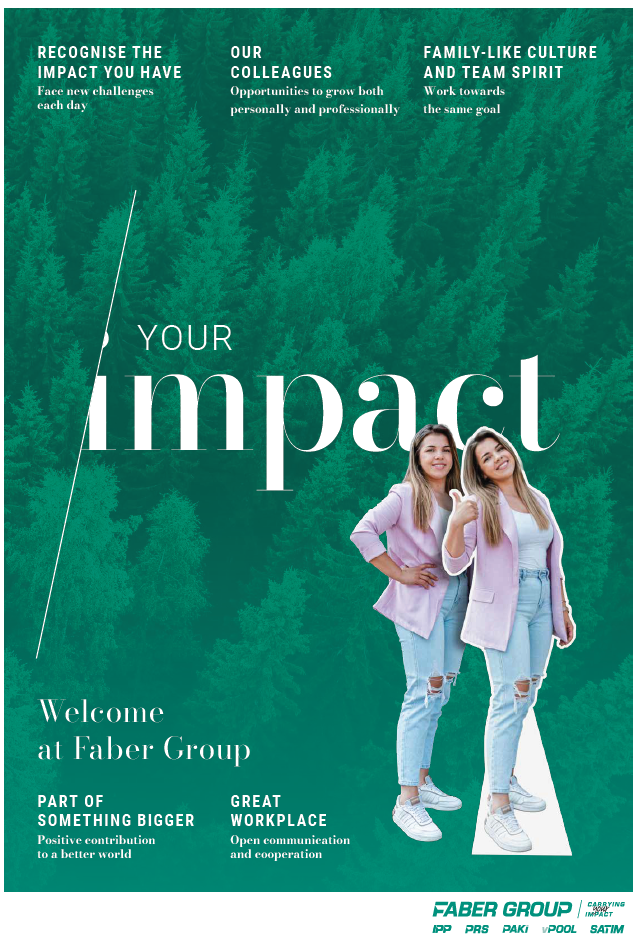
Need Expert Advice?
We know navigating the complexities of PPWR can be challenging, but you don’t have to do it alone. Our team of specialists is ready to guide you and help you identify the best solutions for your business. Whether you need advice on pooling systems, sustainability strategies, or meeting regulatory requirements, our experts are here to help.
